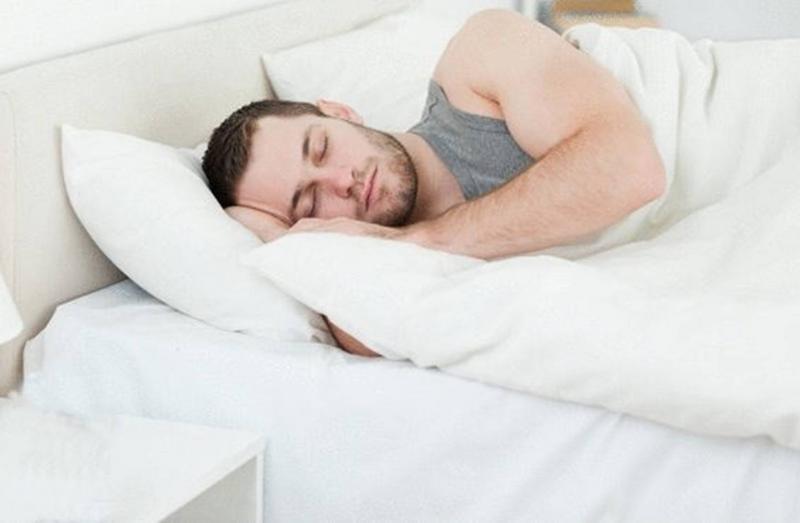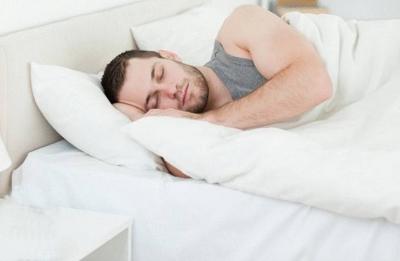Sleep is an essential part of our day for survival, playing a significant role in how people function throughout the day. Compounding the issue, the average person has many things competing for their attention, making them lose focus and reducing their sleep hours.
A recent study by a team of researchers from the University of South Florida discovered that the quality and duration of sleep can significantly enhance a person's alertness. Their research found that adding an extra 29 minutes of sleep each night can help sleepers in several important ways. Improved alertness can lead to enhanced overall well-being, work performance, and maintaining focus on thoughts during the day. The researchers focused their study on nurses due to their urgent need for sleep and alertness to remain active throughout the day.
Healthcare professionals tend to sleep less due to long shifts and constant exposure to life-threatening situations. With the ongoing COVID-19 pandemic filling hospitals with patients, the study's authors suggest that frontline healthcare workers need to pay special attention to their sleep and mental health. The study examined 61 nurses, monitoring them for two weeks and studying many aspects of their sleep health. Participants were asked to answer questions about their wakefulness and drowsiness three times a day. The nurses used the RealLife Exp smartphone app to log their responses, and through a mindfulness attention awareness scale, the authors measured each individual's mindfulness through questions such as "I was doing something automatically without being aware of what I was doing" and "I found it difficult to focus on what was happening." Additionally, participants wore an Actiwatch Spectrum device for two weeks, which measured wrist movement to record sleep and wake patterns throughout the study.
Good nighttime sleep sharpens the mind: the team discovered that the mindfulness of nurses improved after getting adequate rest at night. The duration and quality of sleep played a crucial role in the outcomes, as nurses who received extra sleep were 66% less likely to experience symptoms of insomnia during the study period. The study's lead author, Dr. Sumi Lee, stated, "One can be awake and alert, but not necessarily mindful; similarly, one can feel tired or have low alertness but still pay attention. Awareness and alertness go beyond merely being awake; they indicate attention control and self-regulation that facilitate sensitivity and adaptive responses to environmental and internal cues, which are essential in delivering healthcare to patients and effectively managing stressful situations."




